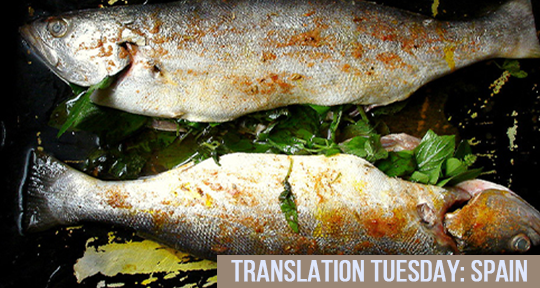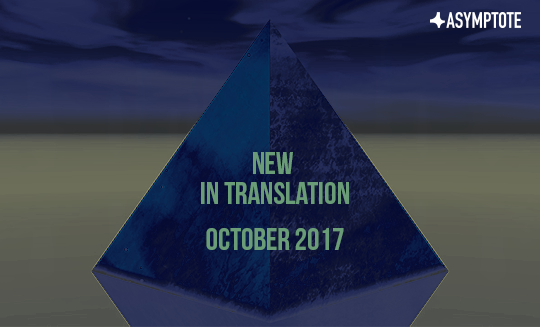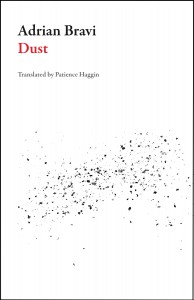Oswaldo Estrada’s story, “The Swings,” is one of twelve pieces of short fiction from his 2020 collection Las locas ilusiones y otros relatos de migración [Wild Dreams and Other Stories of Migration], winner of the International Latino and Latin American Book Fair Prize at Tufts. “The Swings” poignantly captures the dilemma of mothers who care for other women’s babies in order to support their own sons and daughters whom they have had to leave behind. The narration stitches together snippets of conversation over time of an anonymous nanny from Mexico who speaks with a new nanny at the park where they push “their kids” on the swings. The story offers haunting insight into the offloading of domestic labor and love to vulnerable immigrant women. I find particularly compelling Estrada’s representation of the paradoxical monetizing and stigmatization of Spanish, and the precarious position of caregivers who simultaneously need to forge a strong bond with children while never posing an emotional threat to the parents who employ them. In translating this story, I was challenged to find a balanced oral register with a decidedly Mexican lexicon. It was a rare pleasure to revise this translation with Estrada in a gentle back-and-forth process befitting the title of the story.
—Sarah Pollack, translator
Each generation paints them
a different color
(highlighting their childhood)
but leaving them as they are
—Fabio Morábito “The Swings”
I like these cold, early mornings, bathed in sunlight. The trees begin to fill with a pretty green, and even the park seems painted a different color. Maybe it’s all the kids who are drawn outside after the winter, like birds leaving their nests. Those who were crawling only a few months ago are already walking, and those who barely toddled around like ducks are now up to mischief.
You’re new, right? From miles away, it’s easy to see that you’ve just arrived. Here, we all know each other. My girl’s the little blonde running around over there. How old is yours? She’s still in diapers? You should take them off, take advantage that it’s hot. Trust me. Here they train them when they’re about to go to school. Some baloney that children will let you know when they’re ready. That it’s best not to rush them. That they’ll be traumatized. Nonsense. Look at them. Little whoppers with shit up their backs. It doesn’t bother you now, but imagine in a year.
I trained mine in a week. Because it was summer, I put her in undies. That’s how they learn. They feel when they’ve wet themselves and don’t like it, and they’re the ones that ask to be taken to the bathroom. She doesn’t even wear a diaper at night. She wakes herself up, runs to the toilet and goes back to sleep. I hear her because my room is next to hers, but I don’t get up. You have to teach them when they’re young.




